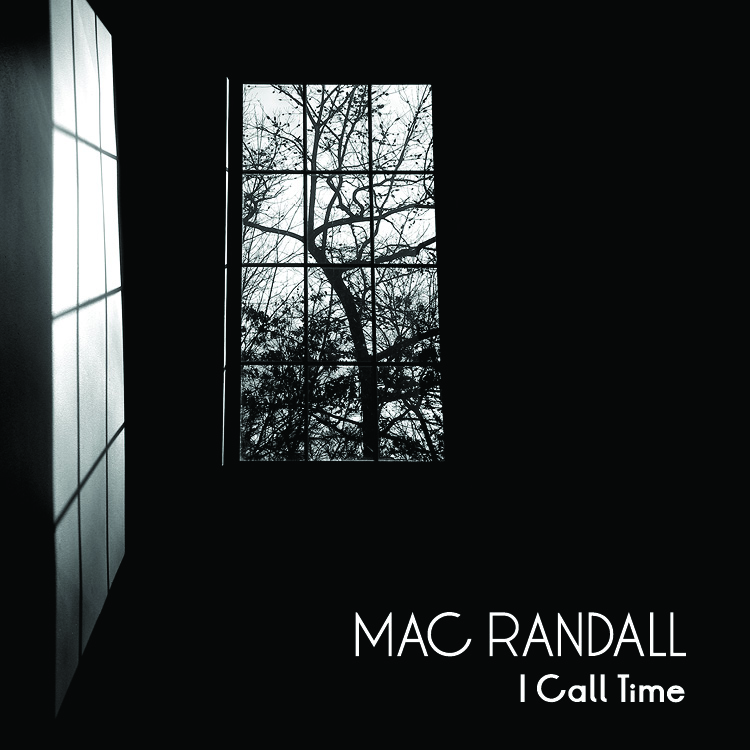Limning The King of Limbs
Radiohead’s new album, The King of Limbs, has only been out for a week, but its release already feels like ancient history, thanks to the hyper-accelerated information/consumption cycle we’re all in (some people were live-blogging about their progress as they downloaded the album, for heaven’s sake). Adding my critical voice to the thousands or more who’ve already made themselves heard may be pointless at this juncture, but duty calls.
I felt like I was finally beginning to get a handle on The King of Limbs midway through my fourth listen, as I ran on the elliptical machine at my local YMCA. To have this moment happen so (relatively) quickly was a good sign. For the record, it took me about 10 listens to OK Computer, the album most people who care still regard as Radiohead’s masterpiece, before I thought I’d gotten it.
Here’s what helped me turn the corner: I started to appreciate the relationship between Thom Yorke’s relaxed vocal phrasing and the almost comically frenetic percussion onslaught that dominates the first half of the album. The groove—if you want to call it that—of the opening track, “Bloom,” sounds like a marching band repeatedly falling off a cliff, or the Grateful Dead’s Bill Kreutzmann and Mickey Hart on a particularly hairy night. Then Yorke enters the mix in dramatic, oracular fashion, singing in long, drawn-out tones. It’s an old Elvis Costello trick: Slow down as the accompaniment speeds up. The unspoken message here seems to be that, as the world around us continues to spin faster (Exhibit A: the online hubbub about this very album), we need to consciously regulate our own inner pace if we want to stay human.
One frequent comment of early reviewers (at least the ones on the big fan sites) is that The King of Limbs is a Radiohead album in name only, because Jonny Greenwood and Ed O’Brien aren’t obviously contributing very much. It reminds me of similar things that people said when Kid A came out in 2000—things that proved to be wrong. And on close examination of the new music, the contention just doesn’t hold up. Half the songs on the album feature three guitars playing simultaneously, and elsewhere (most noticeably on “Bloom” and the album’s standout track, “Codex”), Jonny’s string and horn arrangement skills are well to the fore. That said, the mood here is far closer to Yorke’s solo album The Eraser than any previous Radiohead release; it becomes increasingly reflective over the course of the program, as the music begins to match Thom’s singing more closely.
Finally, we come to “Separator,” the most upbeat Radiohead album closer by a long stretch. It makes me think of ’70s Stevie Wonder, probably because of the shiny, skipping lead guitar part (played, I presume, by either Jonny or Ed). If Yorke’s lyrics about being released from a heavy weight are to be taken at face value, then perhaps the process that’s been gradually happening over 37 minutes—a process of removing oneself from the world’s barrage of background noise and connecting to something more meaningful—has reached a successful conclusion … at least for the moment.
As much as I’ve come to enjoy The King of Limbs, it probably won’t be topping my list of favorite Radiohead albums anytime soon. I can’t get past the feeling that this band is spending a lot of time trying to make simple music seem difficult. When you’ve written something as catchy as “Little by Little,” for instance, why sabotage it with mumbled singing and a distracting chorus of cowbells? The song is strong enough to survive this treatment, but only if you listen closely enough.
Then again, listening closely is exactly what Radiohead wants you to do. The more immediate pleasures to be found here—Thom’s keening vocal on “Lotus Flower” is a particular marvel—are teasers, designed to keep listeners engaged and make them willing to return to the parts that don’t make as much sense at first. After 15 or so listens, I can now unequivocally say that The King of Limbs has drawn me in. However, I do wonder what history’s final judgment on this album will be. Guess we’ll just have to check back in next month and see.






